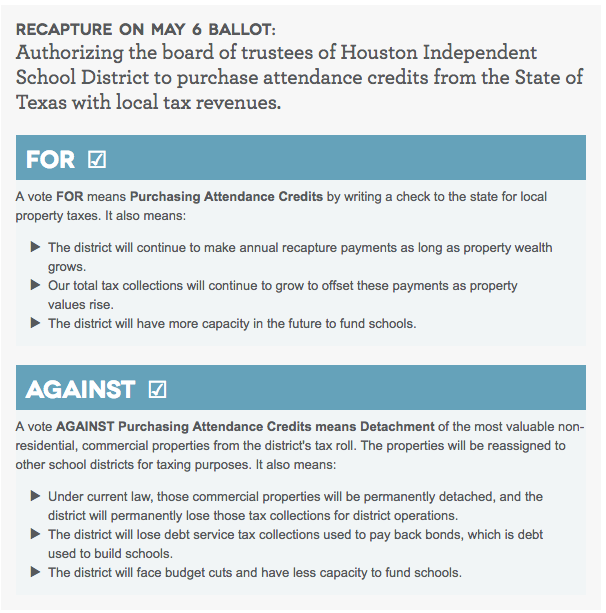On Feb. 9, Speaker Joe Straus, R-San Antonio, announced the House committee assignments for the 85th Legislative Session – a signal that the work of the Legislature can officially begin.
“We want to utilize Members’ strengths and allow them to work on issues that matter to their districts,” said Speaker Straus in his press release.
A good number of the House chairmanships this session are representatives of the greater Houston area. The Speaker added, “These assignments reflect the diversity of the Texas House.”
Key House chairmanships to be aware of are:
- House Public Education Committee
Rep. Dan Huberty, R-Humble, CHAIR*
- House Appropriations Committee
Rep. John Zerwas, R-Richmond, CHAIR*
- House Local and Consent Calendars Committee
Rep. Senfronia Thompson, D-Houston, CHAIR
- House Juvenile Justice and Family Issues Committee
Rep. Harold Dutton, D-Houston, CHAIR
- House County Affairs Committee
Rep. Garnet Coleman, D-Houston, CHAIR
- House Special Purpose Districts Committee
Rep. Jim Murphy, R-Houston, CHAIR
- House General Investigating and Ethics
Rep. Sarah Davis, R-Houston, CHAIR
- House Urban Affairs Committee
Rep. Carol Alvarado, D-Houston, CHAIR
- House Ways & Means Committee
Rep. Dennis Bonnen, R-Angleton, CHAIR*
- House Government Transparency and Operation Committee
Rep. Gary Elkins, R-Houston, CHAIR*
*= Does not have any HISD schools in their district.
Bills related to public education are usually referred to the House Public Education Committee; however, it is important to pay close attention because some bills can and will be sent to other committees instead. The House Appropriations Committee decides issues related to school funding and the state’s budget. The committee rosters for House Public Education and House Appropriations are below. House members in HISD’s delegation are in bold and there is good representation for the greater Houston area on both committees.
House Public Education Committee:
Rep. Dan Huberty (R-Humble), Chair
Rep. Diego Bernal (D-San Antonio), Vice Chair
Rep. Alma Allen (D-Houston)
Rep. Joe Deshotel (D-Beaumont)
Rep. Harold Dutton (D-Houston)
Rep. Lance Gooden (R-Terrell)
Rep. Linda Koop (R-Dallas)
Rep. Morgan Meyer (R-Dallas)
Rep. Gary Vandeaver (R-New Boston)
Rep. Ken King (R-Canadian)
Rep. Dwayne Bohac (R-Houston)
The House Public Committee held its first public hearing on Feb. 21. The full committee heard an update from the Texas Education Agency on their legislative requests this session, along with a report from the Commission on Next Generation Assessments and Accountability. To read the hearing summary, please click here. The House Public Education Subcommittee on Educator Quality was appointed on Feb. 21. The members of the subcommittee are Representatives Ken King (Chair), Alma Allen (Vice Chair), Harold Dutton, Gary VanDeaver and Morgan Meyer.
The Feb. 28 and March 7 House Public Education Committee hearings are on school finance. The week of March 13, House Public Education will discuss accountability and the A-F rating system.
House Appropriations Committee:
Rep. John Zerwas (R-Richmond), Chair
Rep. Oscar Longoria (D-Mission), Vice Chair
Rep. Trent Ashby (R-Lufkin)
Rep. Sarah Davis (R-Houston)
Rep. Dawnna Dukes (D-Austin)
Rep. Helen Giddings (D-Dallas)
Rep. Larry Gonzales (R-Round Rock)
Rep. Donna Howard (D-Austin)
Rep. Sergio Muñoz, Jr. (D-Palmview)
Rep. J.D. Sheffield (R-Gatesville)
Rep. Ron Simmons (R-Carrolton)
Rep. Armando Walle (D-Houston)
Rep. Greg Bonnen (R-Friendswood)
Rep. Giovanni Capriglione (R-Southlake)
Rep. Scott Cosper (R-Killeen)
Rep. Jay Dean (R-Wichita Falls)
Rep. Mary González (D-Clint)
Rep. Linda Koop (R-Dallas)
Rep. Rick Miller (R- Sugar Land)
Rep. Mary Ann Perez (D-Houston)
Rep. Dade Phelan (R-Port Neches)
Rep. John Raney (R-Bryan)
Rep. Kevin Roberts (R-Spring)
Rep. Justin Rodriguez (D-San Antonio)
Rep. Toni Rose (D-Dallas)
Rep. Gary VanDeaver (R-New Boston)
Rep. Gene Wu (D-Houston)
The members of the House Appropriations Subcommittee on Article III (education funding) are: Representatives Trent Ashby (Chair), Helen Giddings (Vice Chair) Donna Howard, Gary VanDeaver, John Raney, Linda Koop, and Mary González. The subcommittee held their first hearing on K-12 public education funding on Monday, Feb. 20. They heard testimony from the Texas Education Agency (TEA) and the Legislative Budget Board (LBB). For the subcommittee hearing summary and presentation, please click here.
The full Appropriations committee held their first hearing on public education funding on Wednesday, Feb. 15. They heard testimony from the Legislative Budget Board and the Texas Education Agency, as well.
HISD’s recapture was a topic of discussion at each of these hearings, including the House Public Education Committee hearing.
